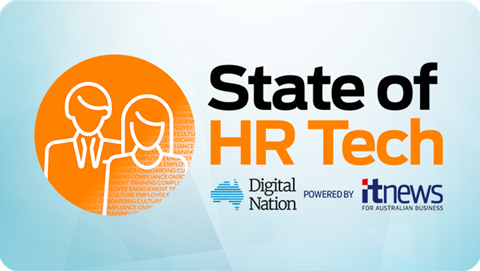While the tech skills shortage continues to push salary pressures up as demand for tech skills grows, one way of meeting this need is education.
Digital Nation Australia recently spoke to Helen Souness, CEO of RMIT University’s online division. RMIT is the largest university in the southern hemisphere and its online division has experienced a massive influx of enrolments in recent years.
According to Souness, the pandemic has been one driving factor, leading to an acceleration in the migration to online learning equivalent to ten years in growth.
“Everyone kind of suddenly clicked that they could learn online. Parents were seeing students, their children learn online effectively. So, yes, we have had massive demand. Also I think what we see in education is when people are a little bit worried about their jobs, they tend to invest in their education. So, that was also probably a spur to a huge increase in enrolments in the last few years,” says Souness.
Online education accelerated alongside widespread enterprise adoption of digital tools, which led to unprecedented demand for tech talent.
Souness says that at the beginning of 2020 RMITO’s study with Deloitte suggested that there will be 156,000 jobs in digital needed in the next five years. However a more recent study by Infrastructure Australia indicates that the numbers are much higher, at 286,000 jobs short across both the working and management levels.
“That actually spans every industry because every industry is now looking at technology to work smarter, you know, be it the analytics behind the mine or the self-driving car,” says Souness.
“Every single industry and certainly in digital companies like my own, we're seeing massive skill shortages in developers and all of the digital skills around delivery of software.”
According to Souness, upward pressure on salaries has not been this high since the millennium, with grad salaries over $100,000.
“It can't just be a salary answer. We can't afford to keep paying massive increases in salary and to compete with global players that are comparing Australian salaries for example, with Silicon valley salaries. Local players just will be priced out,” she says.
“We need to do other things, we need to create wonderful employee experiences and have purpose businesses and all the good things that are going to retain these people and keep them. Interesting work and of course it might sound self interested, but investing in their education and their skills. A lot of digital people love working with the latest tech, love growing. They're hungry, curious minds and investing in their education and up-skilling them is a great way to retain them.”
Professionals are undergoing short courses to upskill and reskill, allowing them to break into the tech market. Chloe Stranger completed a Data Analytics course in 2020, and pins it down to how she landed a position in the PwC audit team in 2021. Despite having completed a double degree in Business and International Business, she felt that her knowledge gap in data was the reason that she had been unable to secure a position after a year of searching.
"That's when I decided to study Business Analytics online," says Stranger.
"Over various interviews, I was able to explain how I could work with data confidently."




_(28).jpg&h=140&w=231&c=1&s=0)






 iTnews Benchmark Awards 2026
iTnews Benchmark Awards 2026
 iTnews Executive Retreat - Security Leaders Edition
iTnews Executive Retreat - Security Leaders Edition
 iTnews Cloud Covered Breakfast Summit
iTnews Cloud Covered Breakfast Summit
 The 2026 iAwards
The 2026 iAwards












_(1).jpg&h=140&w=231&c=1&s=0)



